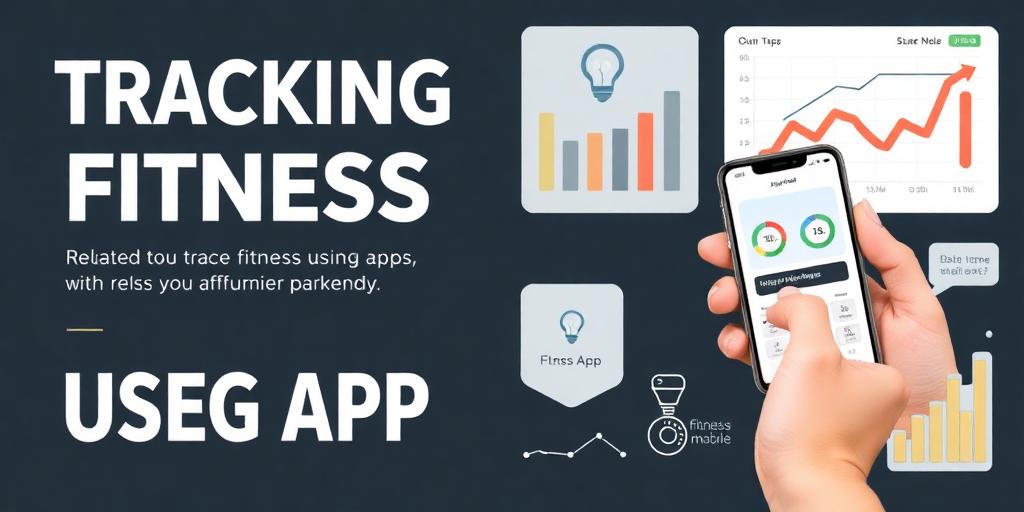In today's fitness landscape, tracking your workout program has never been easier, thanks to the plethora of apps available at your fingertips. These apps offer a range of features designed to help you monitor your progress, stay motivated, and achieve your fitness goals. Let's explore how you can effectively use apps to track your workout program.
Benefits of Using Workout Tracking Apps
- Progress Monitoring: Workout tracking apps allow you to record your workouts, including exercises, sets, reps, and weight lifted. This data helps you track your progress over time and identify areas for improvement.
- Goal Setting: Many apps enable you to set specific fitness goals, such as losing weight, building muscle, or improving endurance. The app can then provide personalized recommendations and track your progress toward these goals.
- Motivation and Accountability: Workout tracking apps can help you stay motivated by providing visual representations of your progress, offering rewards for achieving milestones, and connecting you with a community of like-minded individuals.
- Personalized Training Plans: Some apps offer personalized training plans based on your fitness level, goals, and preferences. These plans can guide you through your workouts and ensure you're targeting the right muscle groups.
- Data Analysis and Insights: Workout tracking apps collect data on your workouts, which can then be analyzed to provide insights into your performance. This data can help you identify patterns, optimize your training, and prevent injuries.
Popular Workout Tracking Apps
- Fitbit: Known for its activity tracking capabilities, Fitbit also allows you to log workouts, track your heart rate, and monitor your sleep patterns.
- MyFitnessPal: While primarily a food tracking app, MyFitnessPal also offers workout tracking features, allowing you to log your exercises and track your calorie burn.
- Strava: Popular among runners and cyclists, Strava tracks your distance, pace, and elevation gain, allowing you to compare your performance with others and participate in challenges.
- Nike Training Club: This app offers a variety of workout programs led by Nike trainers, catering to different fitness levels and goals.
- Jefit: Jefit is designed for strength training, allowing you to log your sets, reps, and weight lifted, as well as track your progress over time.
Tips for Using Workout Tracking Apps Effectively
- Choose the Right App: Select an app that aligns with your fitness goals and preferences. Consider factors such as the types of exercises you do, the features you need, and the app's user interface.
- Be Consistent: The key to success with workout tracking apps is consistency. Make it a habit to log your workouts after each session to ensure accurate data collection.
- Set Realistic Goals: Set achievable fitness goals that you can track using the app. This will help you stay motivated and avoid discouragement.
- Analyze Your Data: Regularly review the data collected by the app to identify patterns, track your progress, and make adjustments to your training plan.
- Connect with Others: Join online communities or connect with friends who use the same app. This can provide support, motivation, and accountability.
By using apps to track your workout program, you can gain valuable insights into your progress, stay motivated, and achieve your fitness goals more effectively. Choose the right app for your needs, be consistent with your tracking, and analyze your data to optimize your training.









